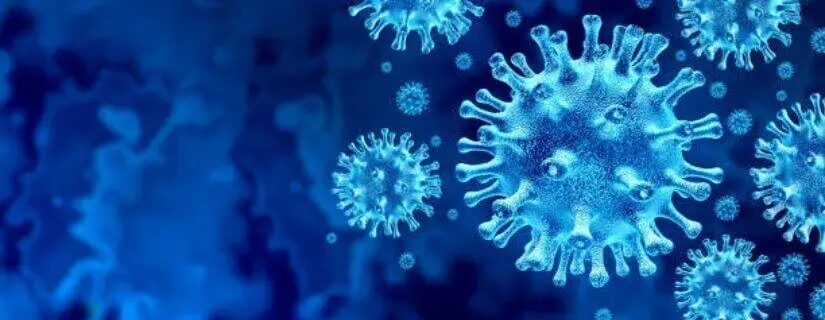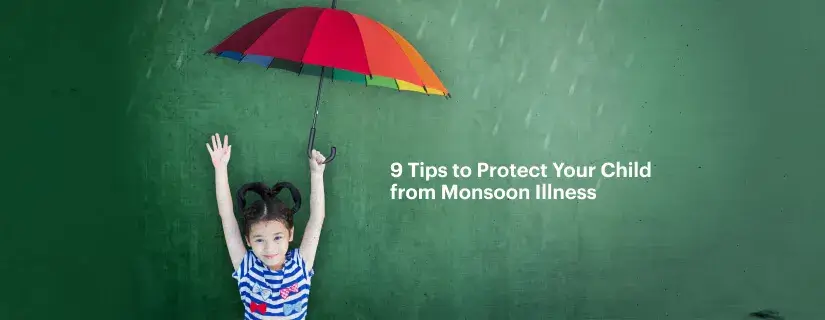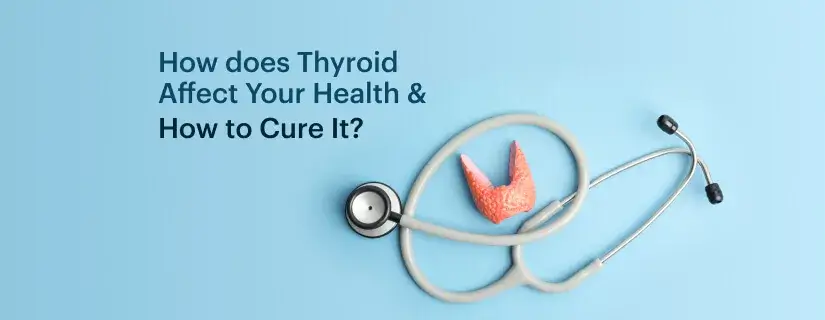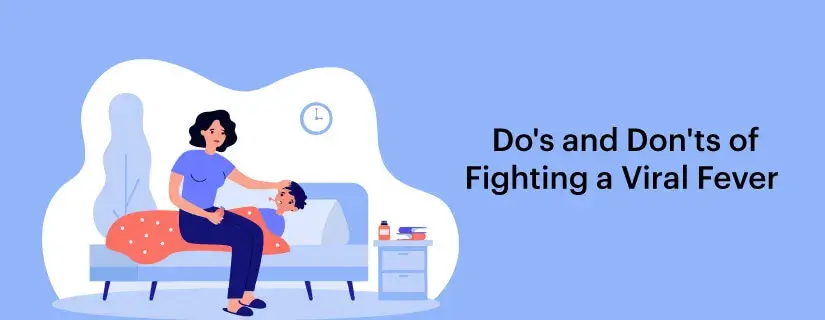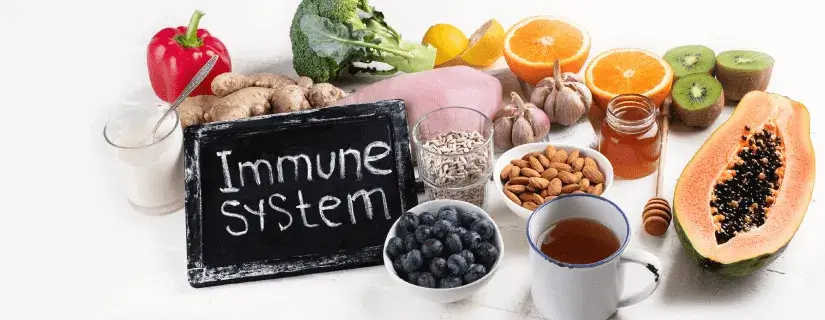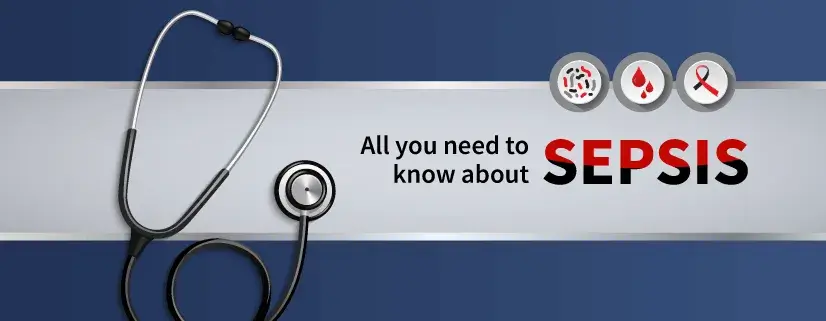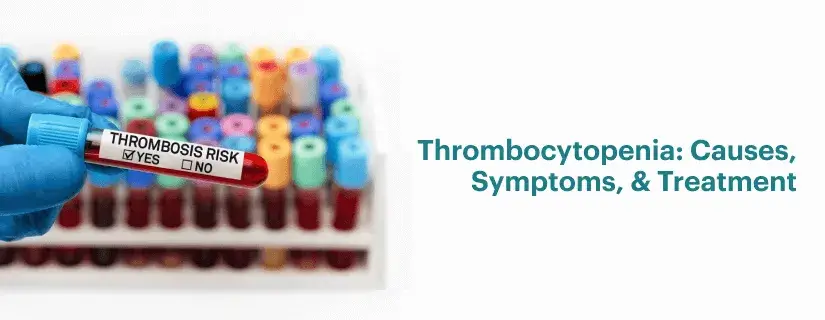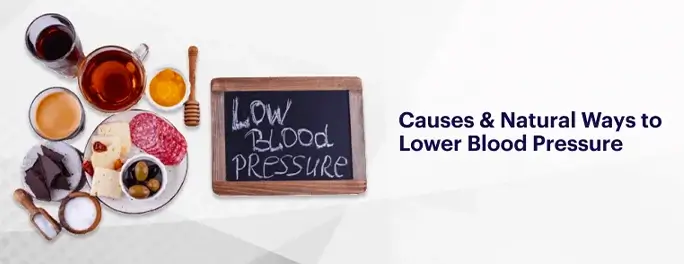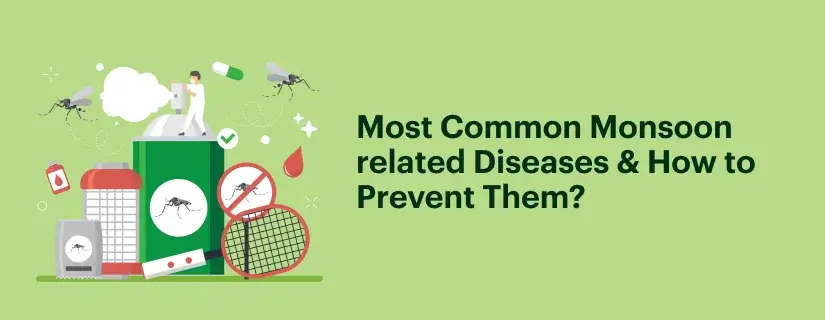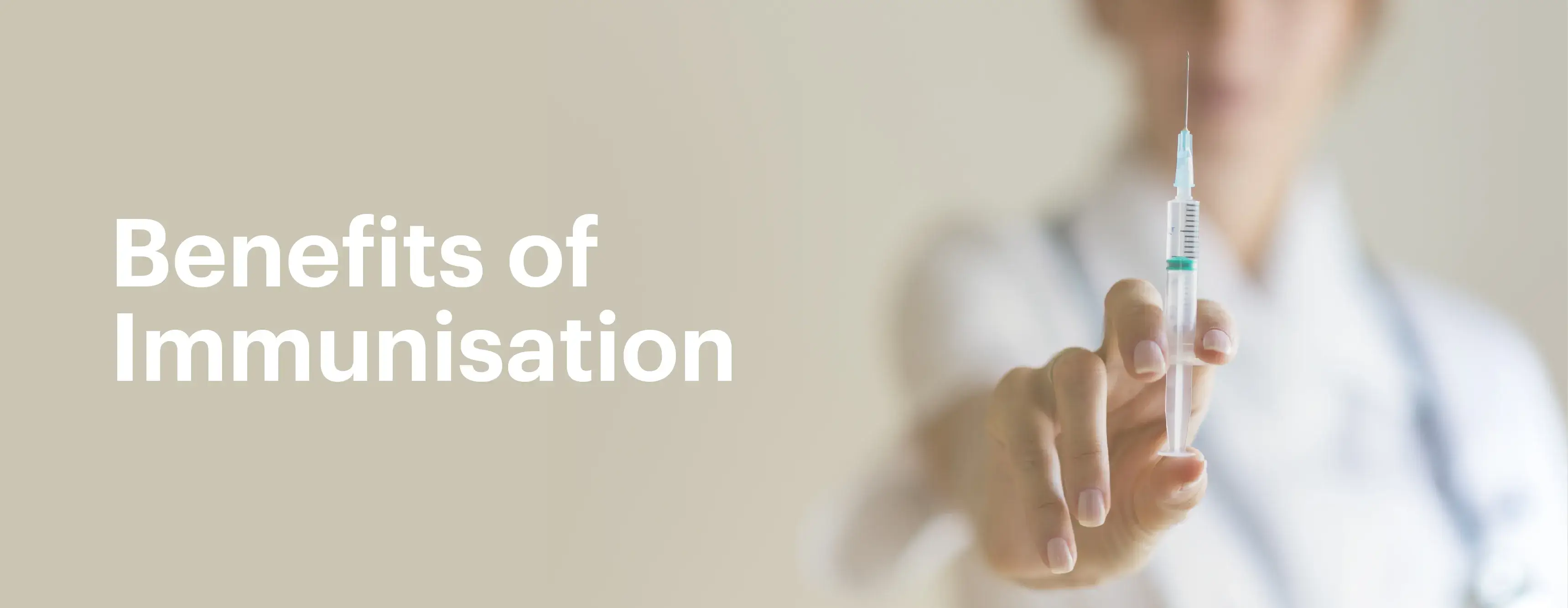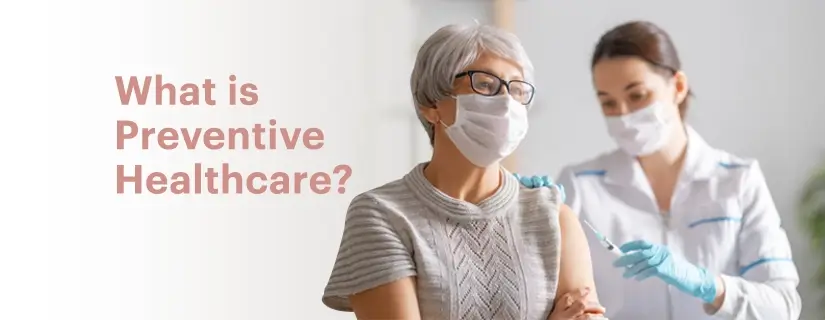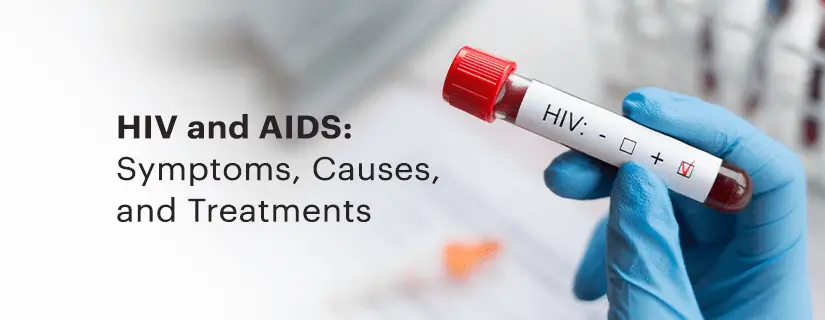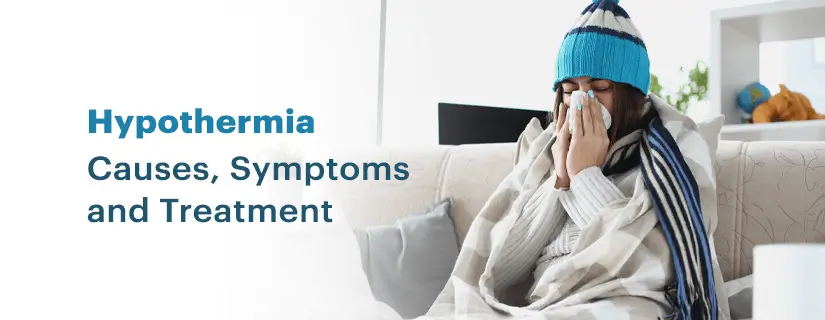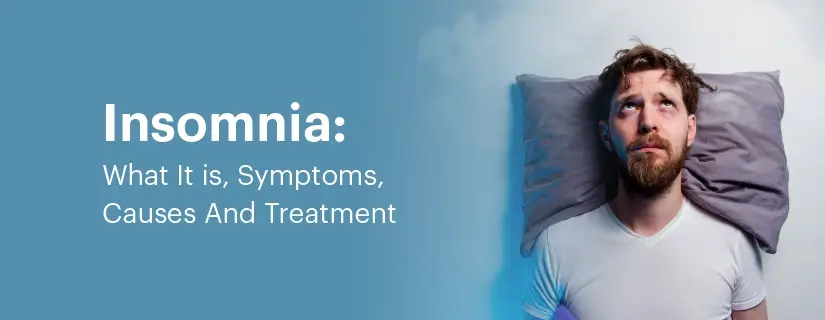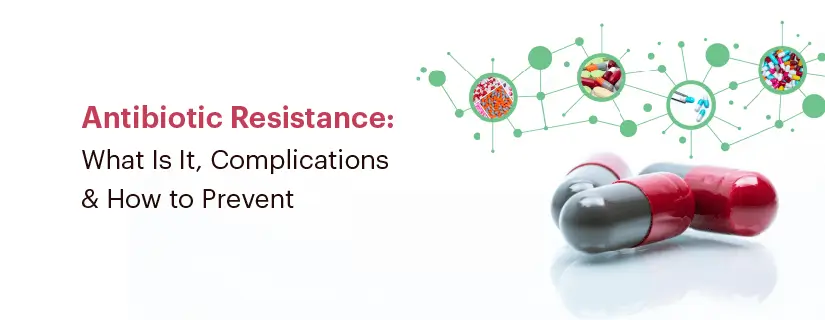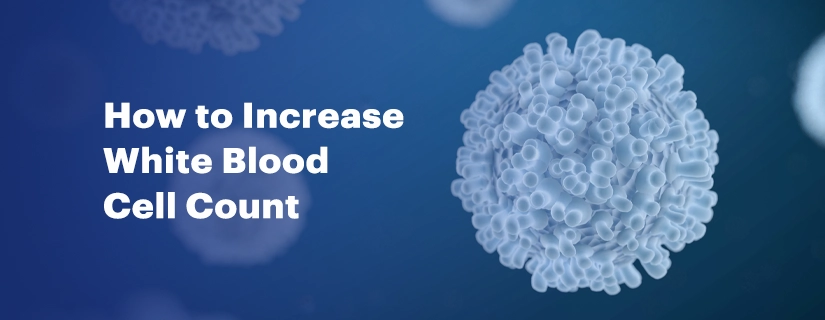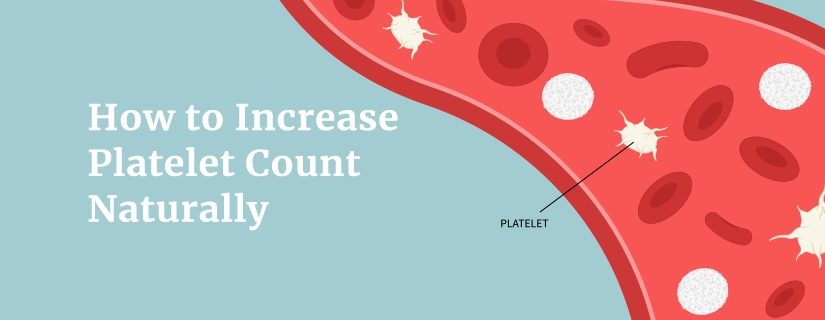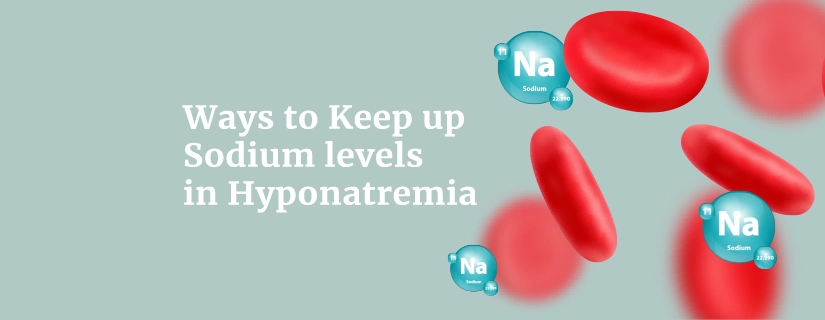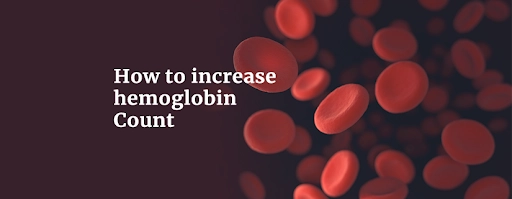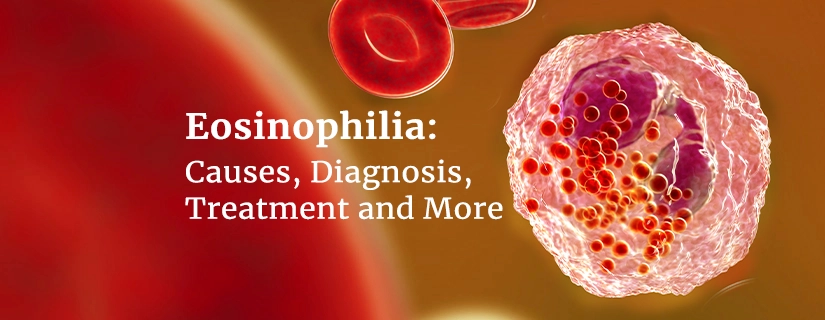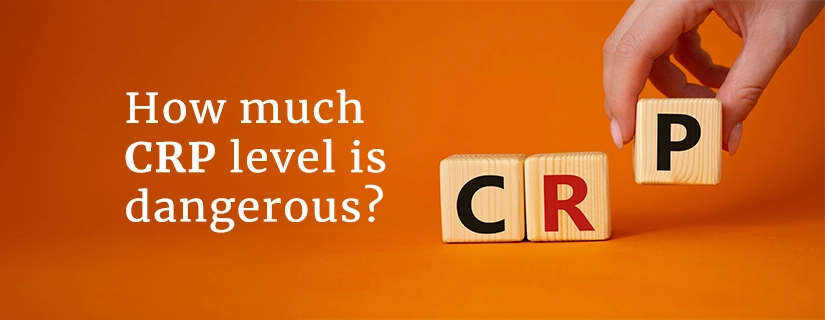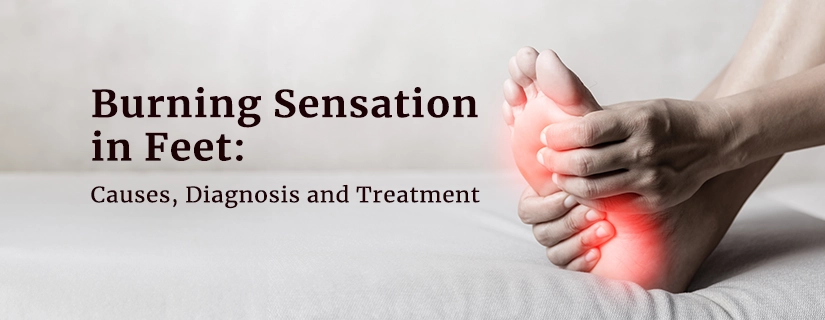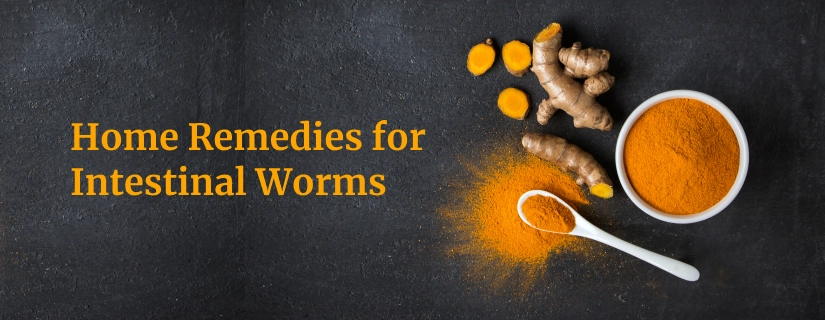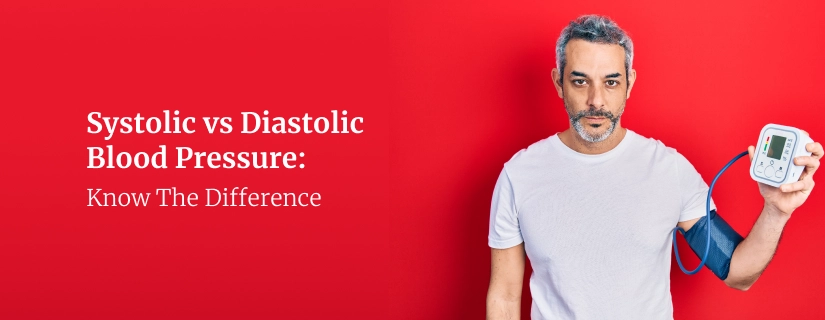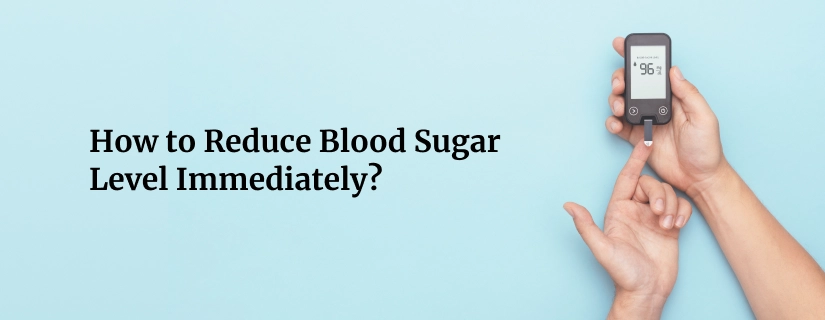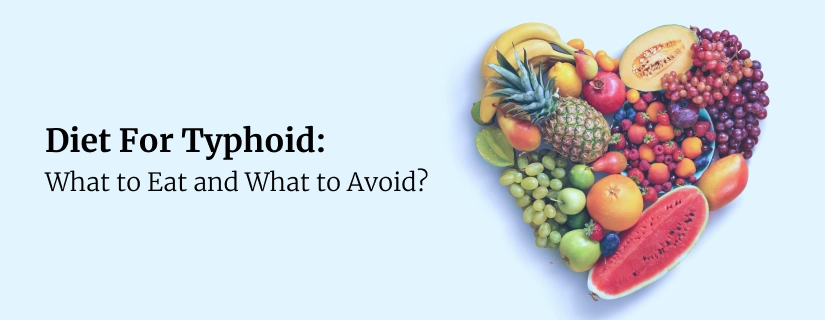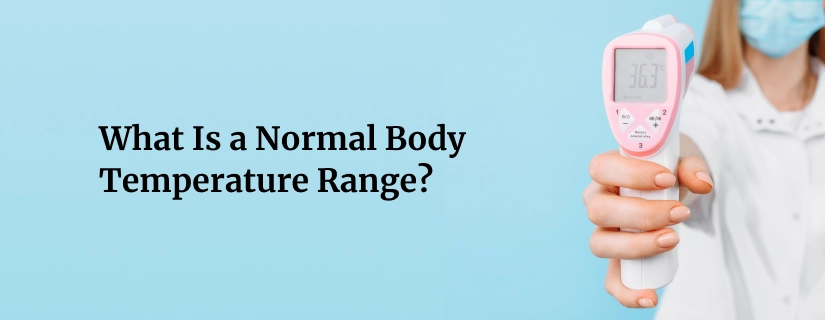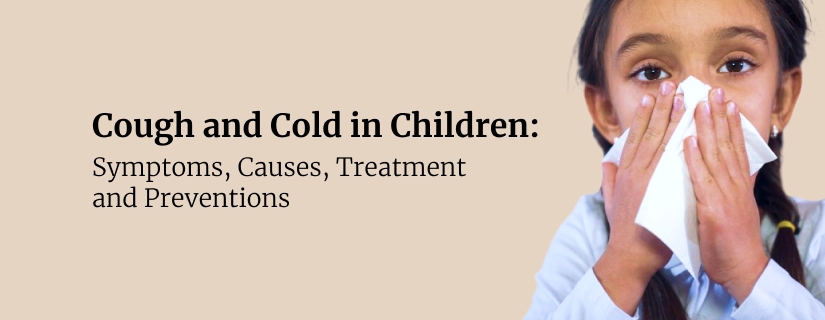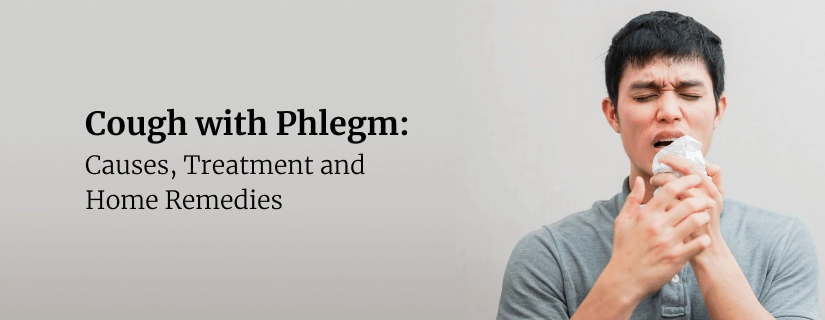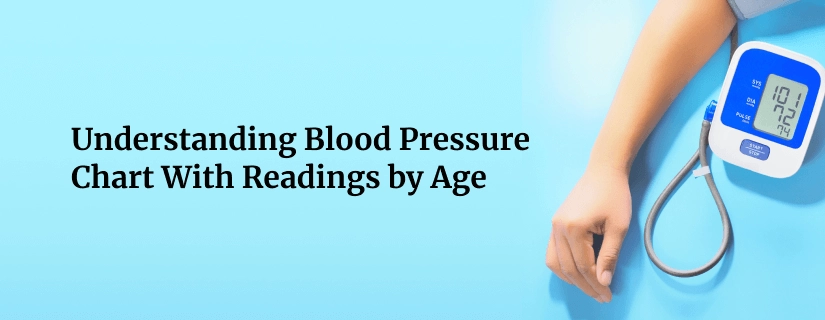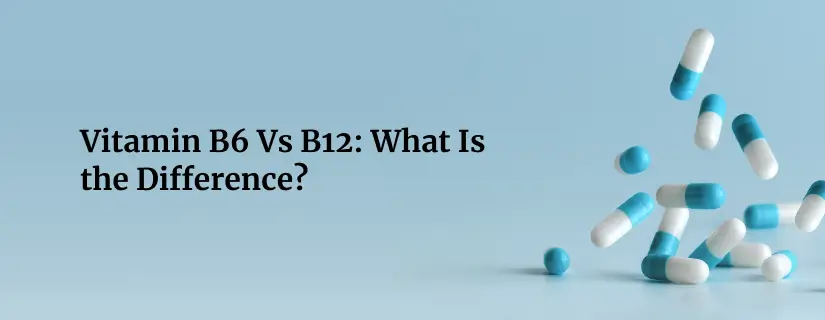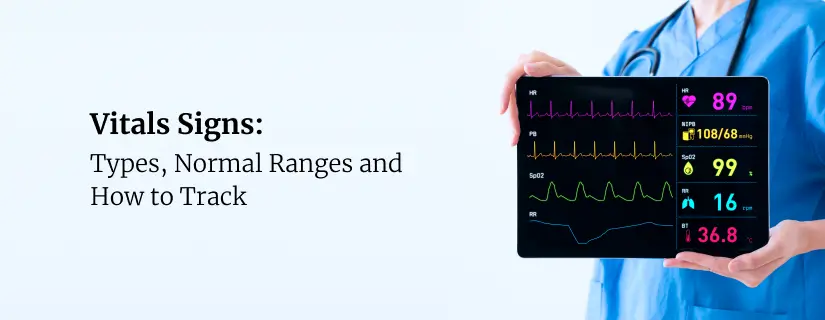-
Doctors
-
Specialities & Treatments
Centre of Excellence
Specialties
Treatments and Procedures
Hospitals & Directions HyderabadCARE Hospitals, Banjara Hills CARE Outpatient Centre, Banjara Hills CARE Hospitals, HITEC City CARE Hospitals, Nampally Gurunanak CARE Hospitals, Musheerabad CARE Hospitals Outpatient Centre, HITEC City CARE Hospitals, Malakpet
HyderabadCARE Hospitals, Banjara Hills CARE Outpatient Centre, Banjara Hills CARE Hospitals, HITEC City CARE Hospitals, Nampally Gurunanak CARE Hospitals, Musheerabad CARE Hospitals Outpatient Centre, HITEC City CARE Hospitals, Malakpet Raipur
Raipur
 Bhubaneswar
Bhubaneswar Visakhapatnam
Visakhapatnam
 Nagpur
Nagpur
 Indore
Indore
 Chh. Sambhajinagar
Chh. SambhajinagarClinics & Medical Centers
Book an AppointmentContact Us
Online Lab Reports
Book an Appointment
Consult Super-Specialist Doctors at CARE Hospitals
Food Allergy: Symptoms, Types, Causes, Diagnosis, Treatment and Prevention
Updated on 19 December 2023
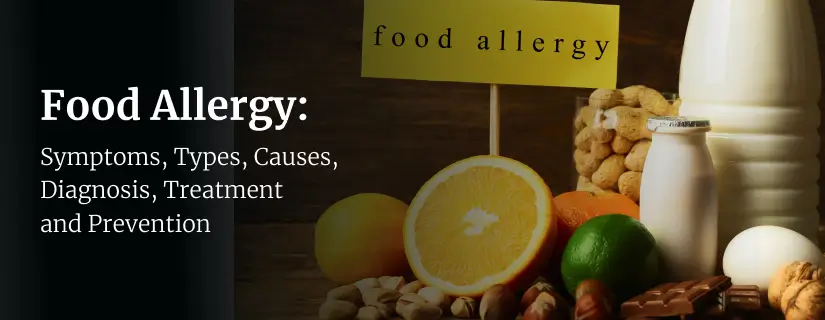
The number of people suffering from food allergies continues to increase in various parts of the world. A food allergy is an abnormal immune response to a food protein that the body mistakes as harmful. When someone with a food allergy consumes that food, their immune system releases antibodies that trigger inflammatory reactions and uncomfortable, or even dangerous, symptoms. While there is no cure for food allergies, they can be managed by avoiding allergy-triggering foods and prompt treatment when accidental exposure occurs.
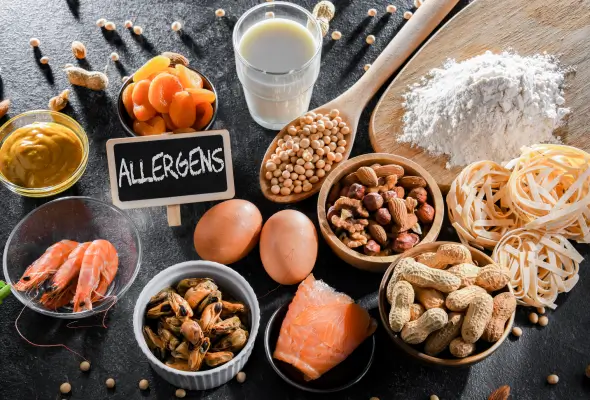
Types of Food Allergies
Common foods that trigger allergies can include:
- Eggs - One of the most prevalent food allergies, especially in children. Allergic reactions are caused by proteins in the egg white.
- Milk - Cow's milk is another top allergen, particularly for young children. The milk proteins, including whey, cause the immune reaction. Many children outgrow milk allergies.
- Peanuts - Peanut allergy is one of the most severe and persistent food allergies. Reactions can be triggered by very small amounts of peanuts.
- Tree nuts - Almonds, walnuts, cashews and other tree nuts frequently cause allergies. People with peanut allergy often have allergies to tree nuts as well.
- Shellfish - Crustaceans like shrimp, crab, and lobster are common causes of food allergy. The allergy is typically lifelong.
- Soy - Soy allergy mostly affects young children, some of whom outgrow it. Soy proteins trigger the allergic reaction.
- Wheat - Wheat proteins like gluten are allergenic for many people. This allergy differs from celiac disease.
- Fish - Fish and fish products like tuna are another top food allergen, usually persisting for life.
Symptoms of Food Allergy
Food allergic reactions vary from mild to severe and sometimes even fatal. Common food allergy symptoms include:
- Hives or itchy red rash
- Tingling or itching in the mouth
- Swelling of the lips, face, tongue, throat
- Wheezing or nasal congestion
- Abdominal cramps, vomiting, diarrhoea
- Dizziness, lightheadedness
- Anaphylaxis - impaired breathing, low blood pressure, loss of consciousness
Symptoms typically begin within minutes to two hours after consuming the problematic food. In rarer cases, the onset of symptoms may be delayed for several hours. However, the same person does not always react in the same way each time they consume the food to which they are allergic.
Causes of Food Allergy
Food allergies happen when the immune system overreacts to certain food proteins. The immune system mistakenly identifies these proteins as harmful and triggers immunoglobulin E (IgE) antibodies to attack them. The next time that food is consumed, the IgE antibodies sense it and signal the release of inflammatory chemicals like histamine. This causes allergy symptoms.
Diagnosis
To diagnose a food allergy, doctors will review a person's medical history and symptoms and perform allergy tests. Common diagnostic tests include:
- Skin prick test - Applying small amounts of suspected allergens to the skin and observing if red, itchy bumps (hives) develop.
- Blood test - Measuring levels of food-specific IgE antibodies in the blood. Higher levels indicate greater allergy risk.
- Oral food challenge - Gradually feeding the patient small amounts of the suspected trigger food under medical supervision to confirm an allergic reaction.

Treatment
The primary treatment for food allergies is strict avoidance of the problematic food(s). Careful label reading, awareness of cross-contact, and carrying emergency medicine is also crucial. Additional management strategies include:
- Epinephrine - Having auto-injectable epinephrine (EpiPens) available to treat anaphylaxis. Epinephrine reverses symptoms and can save lives.
- Antihistamines - Taking antihistamine pills or liquids to relieve mild symptoms like hives, swelling, or stuffy nose.
- Identifying bracelets - Wearing medical jewellery that lists the person's food allergies. This alerts others in case of an emergency reaction.
- Immunotherapy - Experimental techniques to desensitise people to food allergens like delivering microdoses of the allergen under the tongue. Success rates can differ.
Risk Factors
A number of factors place certain individuals at increased risk of developing food allergies:
- Family history - Having a close relative with allergies or asthma raises risk.
- Age - Food allergies affect around 8% of children but only about 4% of adults. Many kids outgrow certain food allergies.
- Other allergies - People with other allergic conditions like hay fever have a higher food allergy risk.
- Asthma - Those with asthma are more likely to experience severe food allergy symptoms.
- Eczema - Food allergies often co-occur with atopic dermatitis and eczema.
Complications
Food allergies can potentially cause severe, even fatal, reactions. Potential dangers include:
- Anaphylaxis - Food allergies are the leading cause of anaphylaxis, a rapidly escalating allergic reaction that can constrict airways, severely lower blood pressure, and cause death if untreated.
- Additional allergies - Already having one food allergy makes it more likely to develop allergies to other foods too.
When To See a Doctor?
Consult an allergist promptly if an allergic reaction to food is suspected. The allergist can perform diagnostic tests to identify the food triggers and provide advice on allergen avoidance and emergency preparedness.
Seek emergency help right away if symptoms like shortness of breath, wheezing, lightheadedness, or swelling of the lips or throat occur after eating. These are signs of anaphylaxis, which requires immediate medical treatment and injection of epinephrine.
How To Prevent Food Allergy
Research shows that introducing allergenic foods like peanut products early in an infant's diet may help prevent food allergies. After discussing with the child's doctor, try offering such foods in a gradual manner, increasing amounts starting around 4-6 months old.
Those already diagnosed with food allergies can take measures to prevent reactions:
- Read ingredient labels carefully
- Avoid eating at restaurants that can't accommodate allergies
- Inform servers, caregivers, and friends about food allergy needs
- Always carry epinephrine auto-injectors
- Purchase special snacks and treats for occasions during which unsafe foods will be served
Conclusion
Food allergies are on the rise, but with proper management they can be controlled. Avoidance of trigger foods and prompt treatment of allergic reactions is key. Although promising, immunotherapy treatments to desensitise people or reduce sensitivity remain experimental. With vigilance, those suffering from food allergies can enjoy safer, proper diets and lead better quality of life.
Dr. Ramadevi.D
Senior Dietician, CARE Hospitals

ENQUIRY FORM
SELECT CATEGORIES
-
Neurosciences (16)
-
Neurology (37)
-
Neurosurgery (14)
-
Orthopaedics (48)
-
Oncology (33)
-
Obstetrics and gynecology (51)
-
Pulmonology (23)
-
Urology (20)
-
Nephrology (13)
-
Psychiatry (7)
-
Dietetics and Nutrition (111)
-
General Medicine (63)
-
Cardiac Sciences (30)
-
Vascular & Endovascular Surgery and Interventional Radiology (10)
-
Gastroenterology (46)
-
Endocrinology (23)
-
Plastic Surgery (10)
-
Critical Care Medicine (5)
-
COVID-19 (16)
-
Dermatology (16)
-
Emergency Care (1)
-
Ophthalmology (4)
-
Pediatrics (14)
-
Laparoscopic and Bariatric Surgery (8)
-
ENT (15)
-
Kidney Transplant (1)
-
Liver Transplantation and Hepatobiliary Surgery (5)
-
General Surgery (3)
-
Internal Medicine (5)
-
Medicine Information
12 Home Remedies to Naturally Lower Your Creatinine Levels
Chronic Pain: Symptoms, Causes, Risk Factors and Treatment
YOU MAY ALSO LIKE
RECENT BLOGS
-

Direct Anterior Approach in Total Hip Replacement: Advantages and Challenges
10 April 2025
Read More
-

Zinc Deficiency: Signs and Symptoms, Causes, Treatment
9 April 2025
Read More
-

Chest Pain When Coughing: Causes, Treatment and Home Remedies
9 April 2025
Read More
-

12 Health Benefits of Eating Mushrooms
8 April 2025
Read More
-

7 Health Benefits of Blood Donation You Should Know About
8 April 2025
Read More
-

Implantation Bleeding Vs Periods: Know the Difference
28 February 2025
Read More
-

Bloating During Ovulation: Symptoms, Causes and Remedies
28 February 2025
Read More
-

Itching During Dengue: Causes, Treatment and Home Remedies
18 February 2025
Read More
Have a Question?
If you cannot find answers to your queries, please fill out the enquiry form or call the number below. We will contact you shortly.



